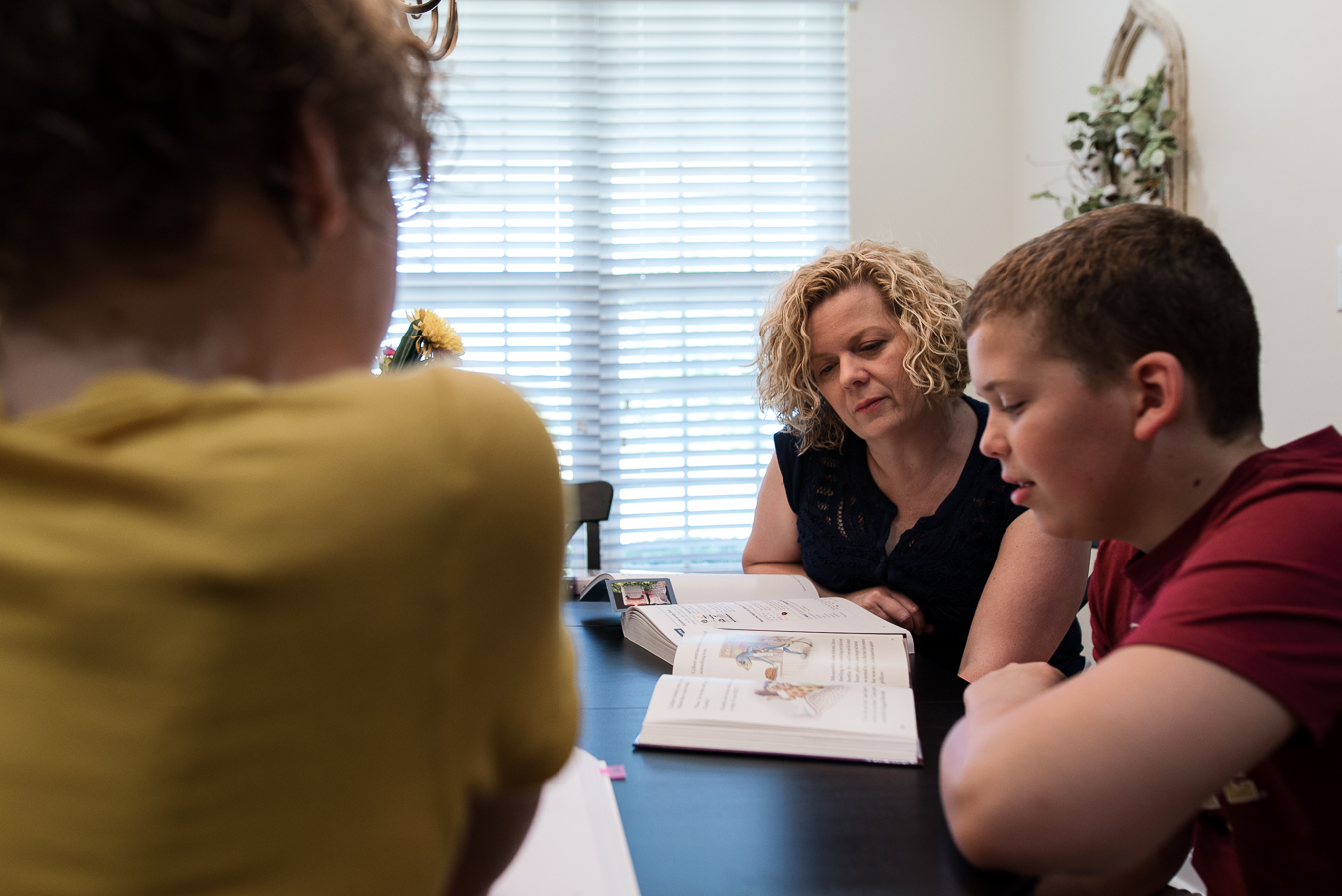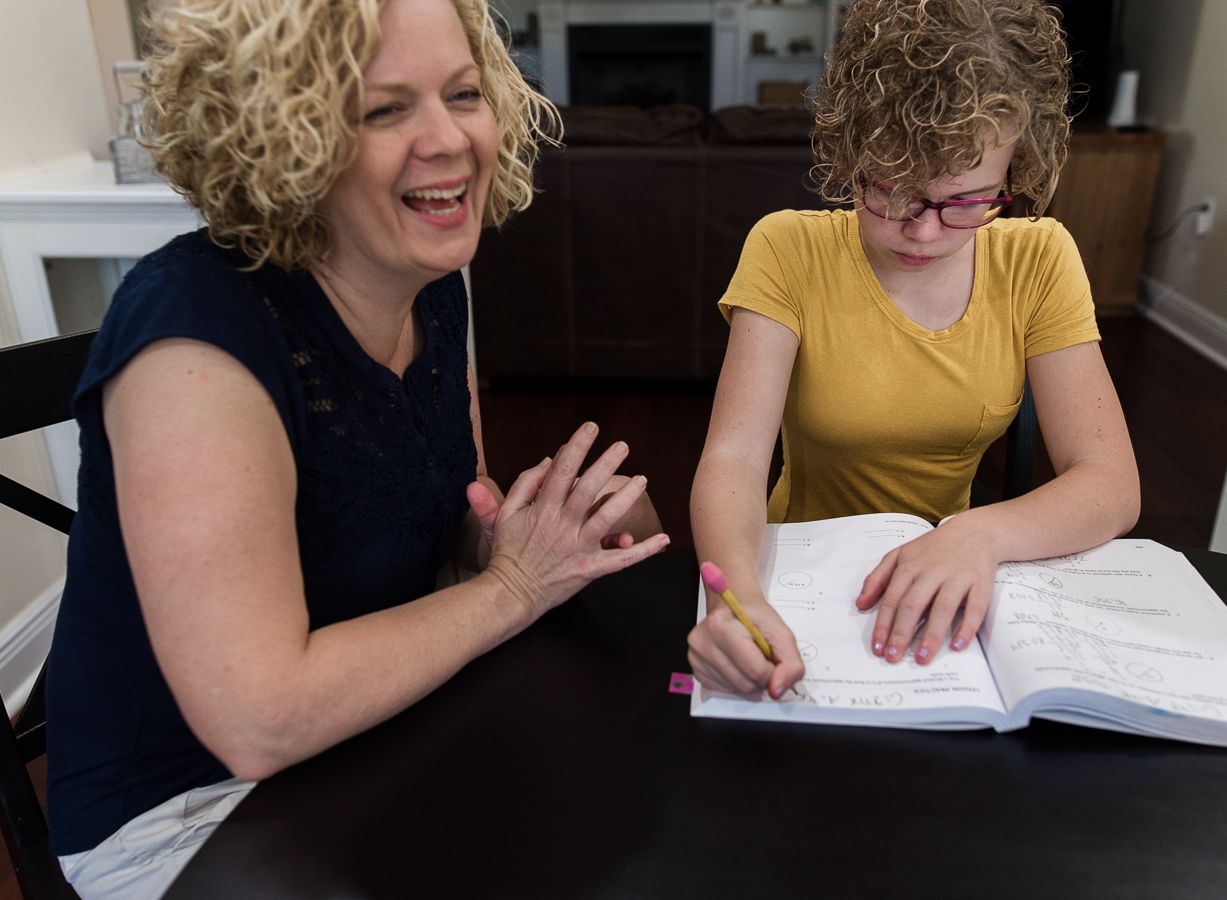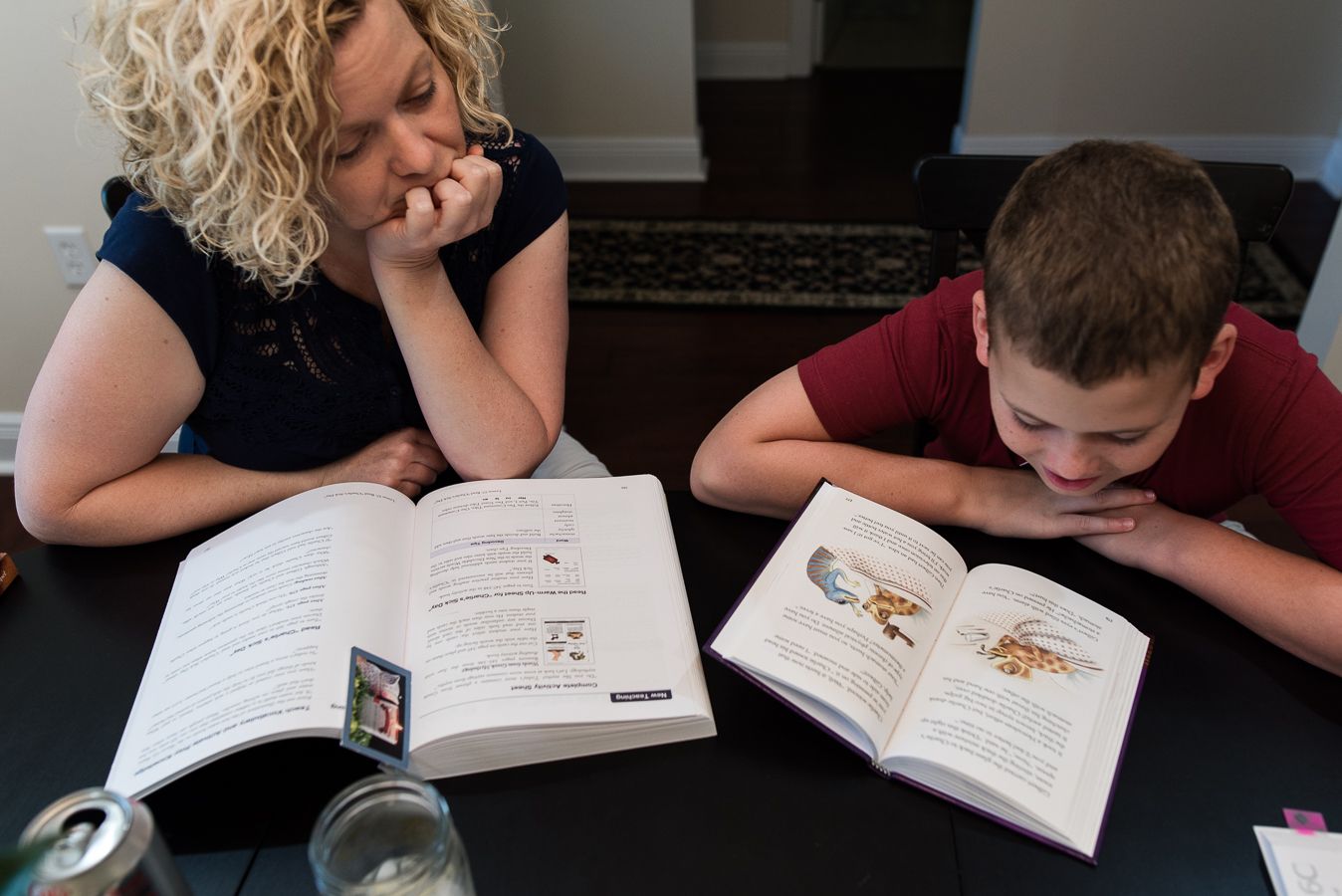
“I really want to sing in the choir with all of you.”
The young girl at church was earnest and excited as she chatted with me.
“That would be great! What grade are you in?” I asked. Youth choir started in ninth grade at our church. There was no upper limit in age (as evidenced by my participation.)
She hesitated for just a moment too long.
“Sixth grade,” she said somewhat hesitantly.
“Hey, are you homeschooled?”
Of course she is. That extra bit of hesitation is a dead giveaway for the homeschooled student. My kids and many others I have seen take just a few seconds extra to answer that question.
The Traditional School Approach vs. Homeschool
In traditional schools, students are sorted into grades based not on ability and social skills, but instead by age. This can be a detrimental practice because some students are socially far more or far less mature than their peers. Even more, it can be detrimental because students do not always develop academic skills at the same ages. Every five year old is not ready to learn to read or do the same kinds of math at the same time as their peers.
This is not really a good practice for kids at all. It’s just the only one that traditional schools have been able to develop. Fortunately homeschooling gives us more flexibility and, frankly, the ability to just dispense with the grade level nonsense all together.
Listen to the Podcast:
Do Grade Levels Matter In Your Homeschool?
Many homeschool students work across grade levels in the subjects. As a parent, I am more concerned with mastery and will “hold my students back” to be sure they really understand a subject without worrying about the grade level number on the workbook.
It is also a fact that in some subjects, homeschool students work “ahead” and might be a couple of grade levels advanced in some of their subjects.
Talking about grade level becomes complicated when you are grade 3 in one subject and grade 7 in another.
We have solved this problem in a couple of ways.
First, we tell our kids what grade they would be in school if they were attending. This is the answer they give to well-meaning strangers trying to make conversation. This is the answer they use for “social sorting” at church and local sporting groups.
I’m not saying they always remember which grade, but it does give them something to say.
Watch on YouTube:
Even with a pat answer to give, students sometimes get caught up themselves in the meaning behind this arbitrary number. They don’t want to do third grade math in fourth grade. Or get an elevated idea of their own importance when they are doing fifth grade language arts.
The solution to this problem is to choose a homeschool curriculum that eschews grade levels and uses some other designator for its levels. I have found this very helpful through the years.
Using mastery of the subject is a much better way to measure progress than age.
How To Measure Progress In Your Homeschool (without grade levels)
So when do they graduate?
Most parents are ready to move those kids out of the home and into trade school, work, or college somewhere around age 18, but even this might not be as arbitrary as you would first believe.
The first thing to do is to make sure your student has enough courses on their transcript to meet state requirements for graduation. That really shouldn’t be a problem because everything can count in your homeschooling days.
I know more than one homeschool family who makes a decision about graduation from year to year. They have decided to do a fifth year of high school or finish in only three depending on factors like the maturity of the teen, the need for more practice with skills, or the fact that the kid has enough credits and is ready to move on.
As homeschoolers we have opted out of the system, so there is no reason to let it dictate how we are going to educate our children (as much as possible within the law.) If you are prioritizing the needs of your child, you will always make the best decision
Download our free homeschool planning forms.

- Homeschooling Through The Hardest Year Ever - July 1, 2025
- Juggling Big Life Changes and Homeschool - June 17, 2025
- Which Homeschool Schedule Actually Works for You? - June 3, 2025



